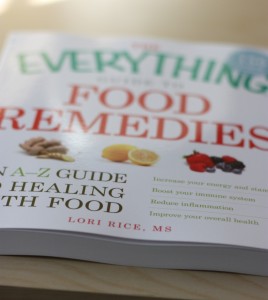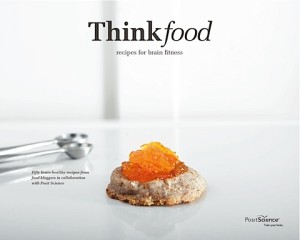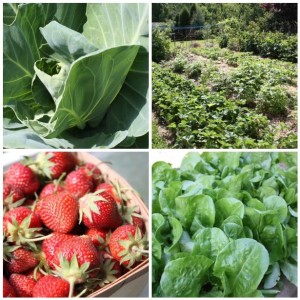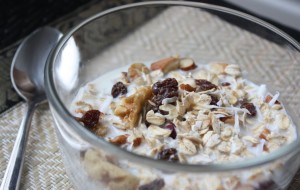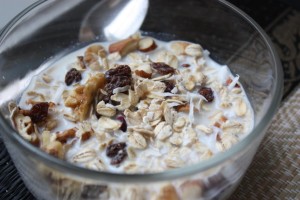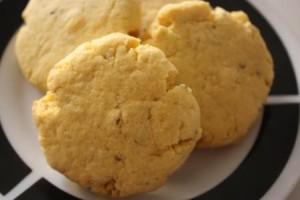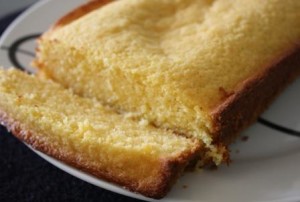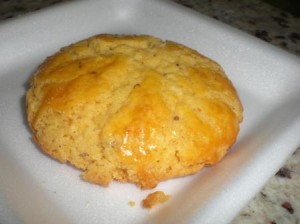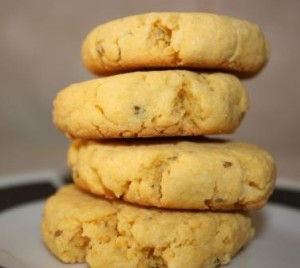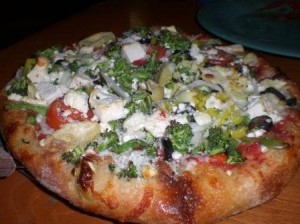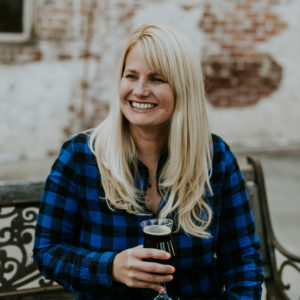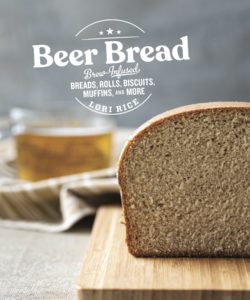I’ve gladly embraced the coconut since I’ve been living in Brazil. As you can imagine it shows up in a lot of places around here. Those green coconuts with the tops chopped off and a straw inserted which most people seek out on their vacations, I now have access to everyday after my workouts at the park.
It’s a different world for me and while I was not a lover of coconut as a kid, it has grown on me quite rapidly in the past few years. Readily available as it may be, I will admit that it has been with reservation that I’ve generous added all forms of this food into my cooking.
Old habits die hard and when you are in a field where the dangers of saturated fats and all associated foods has been hammered into your head for years, it takes a while to adjust to new things. Then I started to read more and more about coconut oil. It’s nothing new, actually, been around forever, like most other natural, healthy foods, I might add.
I’ve been promising this post a while and I finally feel like I’ve done enough research to present what I’ve found and the views I’ve formed. It is really, really difficult to research topics like this in my opinion. I mean, 75% of the information out there that is understandable is from a company who sells coconut oil so you know they are going to present the positives. Yes, the info may be true, but one must read and believe with caution.
So here’s the breakdown.
Coconut oil has been used for a very long time in many of the cultures who have had easy access to it, India, Thailand, etc. Well, with our “eat low fat” mantra which eventually changed to a “eat healthy fat” mantra which is slowly becoming a “everything is okay except trans fat” mantra, coconut oil got a bit of a bad rap in the US.
Now this isn’t completely unwarranted. Much of what was being analyzed was refined and hydrogenated coconut oil, not good for you. However, the good stuff, the virgin coconut oil got thrown in with it making all coconut oil, no matter the source, bad for your heart, according to health professionals and some researchers.
Well, researchers (and lots of companies selling coconut oil) are now telling us that’s not true. I have to say, at this point, I agree.
Coconut oil has a high concentration of saturated fat, but this particular fat actually has two very positive qualities when it comes to health. One, it contains lauric acid. This gives coconut anti-bacterial, anti-microbial and anti-viral properties. You can find people all over the web swearing how good it works for the immune system and as a topical ointment.
Second, coconut oil is made up of medium chain fatty acids (MCFA) which are metabolized differently by the body than other fatty acids. They are absorbed more efficiently in our gastrointestinal tract and transported directly to the liver where they are utilized for energy. Long chain fatty acids, on the other hand, are converted into chylomicrons (substances that transport fats in the body) and go through the lymph system.
The big buzz around MCFA is that research studies have shown them to be associated with weight loss. Animal and human studies show an increase in energy expenditure after consumption leading researchers to believe they hold potential for promoting weight loss (1). In addition, another study concluded that intake of MCFA oils was more effective for weight loss than olive oil (2). In response to speculation that MCFA are associated with cardiovascular disease when used with weight loss programs, yet another study determined that there was no negative effect on metabolic risk factors (3). It was added in the conclusion that a distinction should be made on fatty acid chain length when discussing the effects of saturated fat on metabolic risk factors.
Okay, take a breather. Just a little more science stuff.
There has been some research linking coconut oil to improved cholesterol, but a lot of this has been in animal studies. Of course, that is where most nutritional research starts so it is worth mentioning. One study showed that the consumption of coconut oil by laboratory rats resulted in a decrease of total cholesterol, triglycerides and LDL (4). From what I have gathered even if some professionals believe coconut oil doesn’t necessarily improve cholesterol, they do recognize that it may not exactly hurt it either. That can be viewed as a positive when it comes to fats considering all the bad publicity they’ve had in the past.
Virgin coconut oil is where it’s at when it comes to health. This name means it has been extracted from young coconuts using little to no heat and is in its most natural from. Refined coconut oils sometimes labeled as RBD (refined, bleached, deodorized) can contain chemicals used in the processing and does not have the same nutrient profile as the virgin variety. Some people go for organic. I did read in my research that this wasn’t of utmost importance because coconuts don’t need a lot of pesticides to grow, but I can’t verify the accuracy of that information. I didn’t find anything else about that in my search.
Now for my minor rant.
I do believe that foods have medicinal, healing and even miracle properties and coconut oil just might be one. However, I dislike it when foods are advertised like this. Why? Well, because that is what we do in the U.S. with fads and most fads are dishonest. The miracle cure, the potential weight loss, etc. may be true, but turning things into fads and quick fixes is where we get ourselves into trouble. I feel by doing this we are buying into the fact that health is about quick fixes and not lifestyle.
I feel that foods should be about nourishment and enjoyment and the miracles a bonus for being healthy.
So you won’t find me taking coconut oil medicinally by the teaspoonful like I have read about. Mostly because, well, that is what we do with medicine. Food can act as medicine, but I prefer to enjoy it as food. I do believe that coconut oil has health benefits and I plan to start incorporating it into my diet more when possible. Although probably not a lot considering the price, but I’m certainly not going to be avoiding it like I used to.
So far I’ve only enjoyed it as a spread on bread and I hope to eventually start cooking and baking with it more. It is only sold in small jars here and while I haven’t searched too hard I haven’t seen it in bulk.
My next step is to determine if coconut milk and grated, unsweetened coconut contain the same benefits as the oil. I’m thinking probably not since they may be processed, but if you have info on that, send it my way. I use these much more in my cooking. So far all I’ve found on it is from the About.com guide for Alternative Medicine. She states that 3 ½ tablespoons of coconut oil is equal to about 10 ounces of coconut milk when it comes to lauric acid and the milk is processed differently so the nutrient and chemical makeup is likely different as well.
Do you use coconut oil?
References
1. Papamandjaris AA, MacDougall DE and Jones PJ. Medium chain fatty acid metabolism and energy expenditure: obesity treatment implications. Life Sci 1998;62(14):1203-15
2. St – Onge MP and Bosarge A. Weight-loss diet that includes consumption of medium-chain triacylglycerol oil leads to a greater rate of weight and fat mass loss than does olive oil. Am J Clin Nutr 2008 Mar;87(3):621-6
3. St – Onge MP et al. Medium chain triglyceride oil consumption as part of a weight loss diet does not lead to an adverse metabolic profile when compared to olive oil. J Am Coll Nutr. 2008 Oct;27(5):547-52
4. The Weston A. Price Foundation: The Latest Studies on Coconut Oil by Mary G. Enig, Ph.D.
Resources
A New Look at Coconut Oil
Coconut Research Center
Health Benefits of Coconut Oil
Blog Posts
Food Renegade
Nourishing Gourmet
This post has been submitted as part of Food Renegade’s Fight Back Fridays!
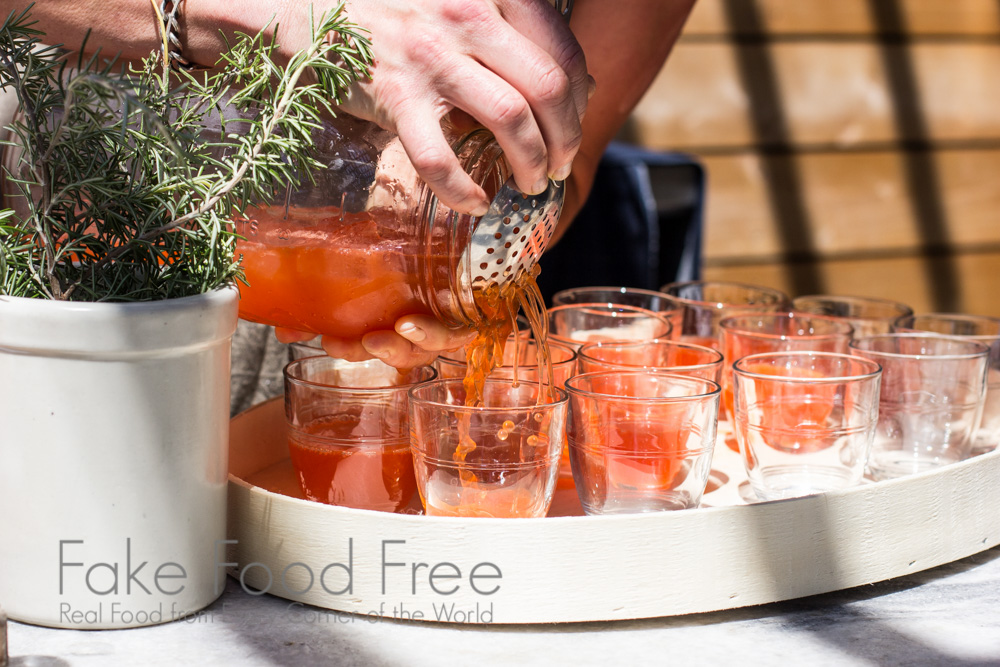 Truth be told, I had no idea what a shim was.
Truth be told, I had no idea what a shim was.
